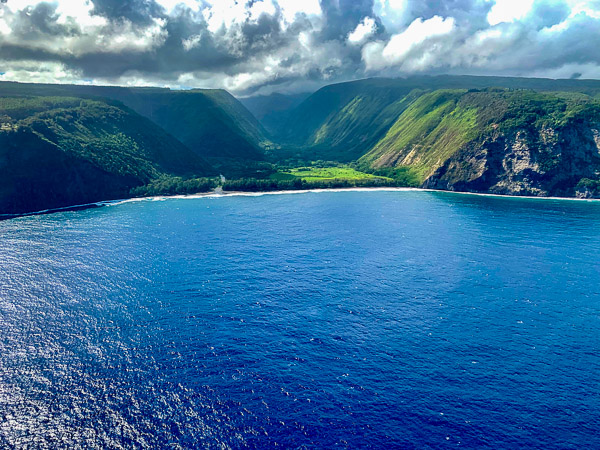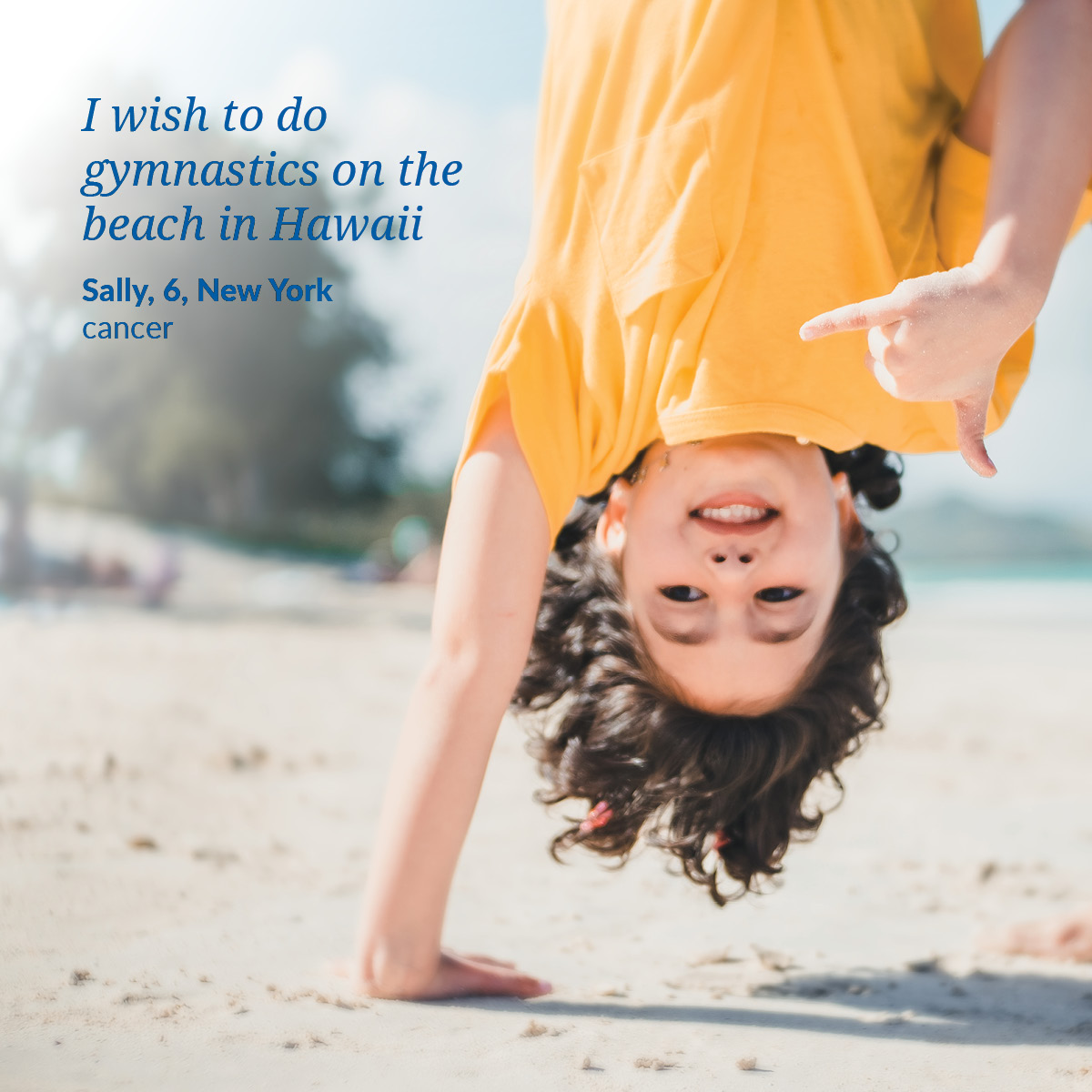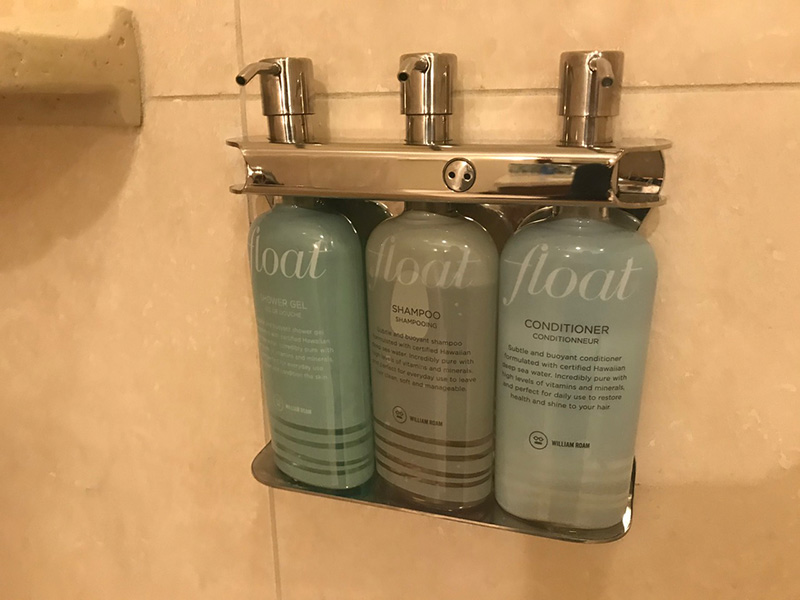Aloha is a word that you’ll likely hear frequently on your Hawaii vacation–both a greeting and farewell, the word also has meanings of love, compassion, and peace. We hope that you can fill your vacation with aloha, and the information on this page can help you do just that!
The Hawaiian word Kuleana can be loosely defined as concern or responsibility for one’s environment and community. Hawaii has diverse and unique ecosystems, and we must treat them with respect in order to preserve them. Hawaiian culture is indigenous to the islands, and visitors are often unaware of many aspects of life here. There are many things that visitors can do to prevent damaging the islands: from respecting and keeping to hiking trails to taking steps to protecting the delicate marine and rainforest ecosystems.
Take the Pono Pledge and be Pono (righteous) on the island of Hawai’i.
Protect the Environment and Yourself
Many safety tips for travelling in Hawaii don’t just protect the wildlife, but also you. Staying on paths helps preserve historical sites, endangered animals and species, but also prevents you from getting lost or possibly injured. Please follow all rules and signs while visiting historical sites, valleys, and Kilauea. If you’re unsure of anything, don’t be afraid to ask for guidance. In the ocean, make sure you’re aware of the conditions, and know your limits. Ensure you’re entering and exiting the water from a safe place. Learn more about Hawaii Beaches & Safety, and don’t forget to swim with a buddy–a good option for safety and fun.
When it comes to sun protection, many chemicals used in sunscreens can be damaging to reefs. Hawaii has recently banned sunscreens containing reef-damaging chemicals. The best way to protect your skin from the sun and our reefs from sunscreen is by covering up with options like hats and rash guards. Apply sunscreen only to hard-to-cover areas, such as the neck, face, feet, and back of hands. As the harm sunscreen can do has become more known, many protective (and fashionable!) beachwear options have become available. When you are using sunscreen, use a physical blocker such as zinc oxide or titanium oxide. In general, if a sunscreen has a long list of ingredients that’s hard to pronounce, it’s best to avoid it! More specifically, avoid oxybenzone, octinoxate, homosalate, octocrylene, and avobenzone. It’s also best to avoid aerosol sunscreens, as they end up all over everything and will eventually find their way into the ocean. Since sunscreen chemicals will also find their way into the oceans via a refreshing shower, it’s best to use reef-safe sun protection even when not entering the ocean.







